Are you ready to revolutionize your political campaign? 🚀 In today’s digital age, social media has become the ultimate battleground for politicians vying for public support. With billions of users worldwide, platforms like Facebook, Twitter, and Instagram have the power to make or break your political aspirations.
But here’s the catch: navigating the complex world of social media can be a daunting task. One wrong tweet, an ill-timed post, or a tone-deaf comment can spiral into a PR nightmare, potentially derailing years of hard work. On the flip side, a well-executed social media strategy can catapult you to the forefront of public consciousness, rallying supporters and swaying undecided voters.
In this blog post, we’ll delve into the intricacies of leveraging social media for political success. From building a robust online presence to harnessing the power of data and analytics, we’ll explore proven strategies that have propelled candidates to victory. Get ready to unlock the secrets of running a successful social media campaign and learn how to avoid common pitfalls that could cost you the election. 🏆

The Power of Social Media in Politics
Social media’s impact on political campaigns is undeniable. Its vast reach and engagement potential allow candidates to connect with millions of voters instantly. Compared to traditional media, it’s highly cost-effective, enabling real-time communication and feedback. Social platforms offer precise demographic targeting, crucial for tailoring messages to specific voter groups.
| Aspect | Traditional Media | Social Media |
|---|---|---|
| Reach | Limited | Vast |
| Cost | High | Low |
| Feedback | Delayed | Instant |
| Targeting | Broad | Precise |
Building a Strong Online Presence
A strong online presence is crucial for political campaigns. Choose platforms based on your target audience:
| Platform | Key Demographics |
|---|---|
| Older adults | |
| Younger voters | |
| Journalists |
Craft a consistent brand message across all channels. Create shareable content that resonates with voters:
- Infographics
- Short videos
- Engaging stories
Leverage influencers and supporters to amplify your message and reach new audiences.
Harnessing Data and Analytics
Data-driven decision-making is crucial for political campaigns. Tracking engagement metrics helps identify key supporters and optimize content strategy. By analyzing social media data, campaigns can predict voter behavior and tailor their messaging accordingly. This approach allows for more efficient resource allocation and targeted outreach, ultimately increasing the chances of electoral success.
- Engagement metrics:
- Likes
- Shares
- Comments
- Click-through rates
| Data Type | Purpose |
|---|---|
| Demographics | Identify target audience |
| Sentiment analysis | Gauge public opinion |
| Geographic data | Focus on key regions |
Successful Social Media Campaign Strategies
Authenticity and transparency
Authenticity and transparency are crucial for political campaigns on social media. Voters appreciate genuine content that reflects a candidate’s true personality and values. Transparency builds trust by openly addressing issues and admitting mistakes. This approach, combined with consistent messaging, can significantly impact a campaign’s success.
| Strategy | Benefits |
|---|---|
| Authenticity | Builds trust, relatability |
| Transparency | Increases credibility, voter engagement |
Social media has become an indispensable tool in modern political campaigns, capable of shaping public opinion and influencing election outcomes. From building a strong online presence to leveraging data-driven strategies, politicians and their teams must master the art of digital engagement to connect with voters effectively. Successful campaigns harness the power of various platforms, create compelling content, and utilize analytics to refine their messaging and reach.
As we move forward in the digital age, the role of social media in politics will only continue to grow. Candidates who embrace these platforms and use them strategically will have a significant advantage in reaching and mobilizing voters. However, it’s crucial to remember that with great power comes great responsibility. Political campaigns must use social media ethically and transparently to foster genuine connections and maintain the integrity of the democratic process.
